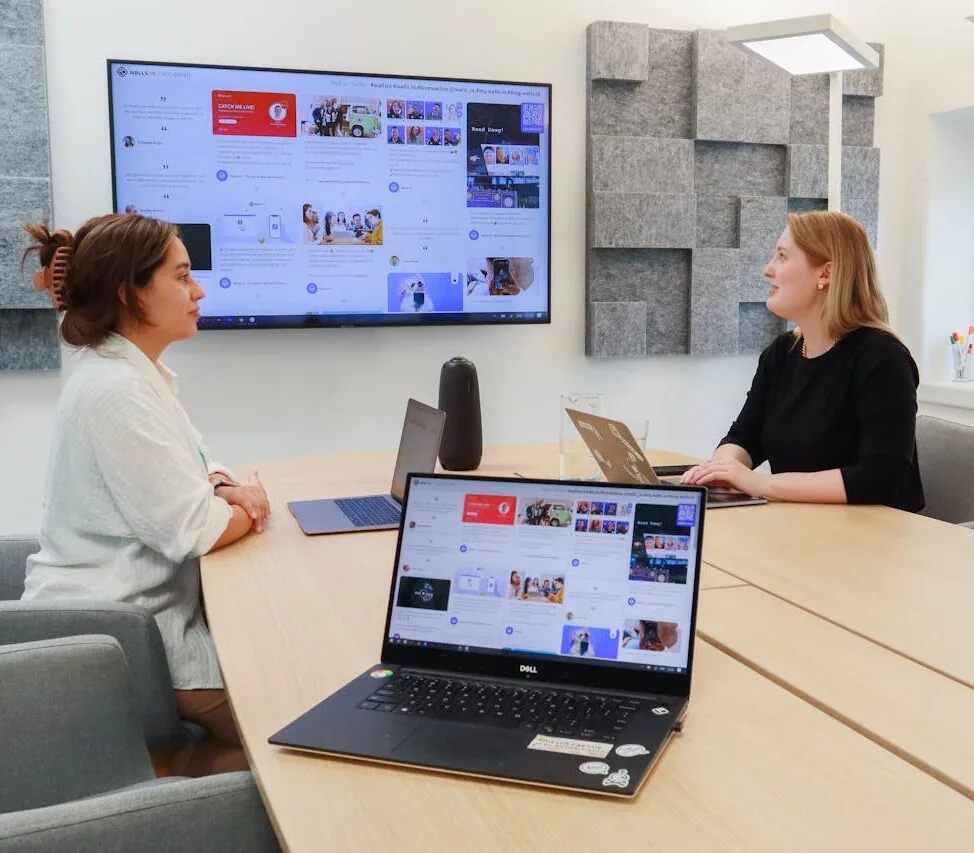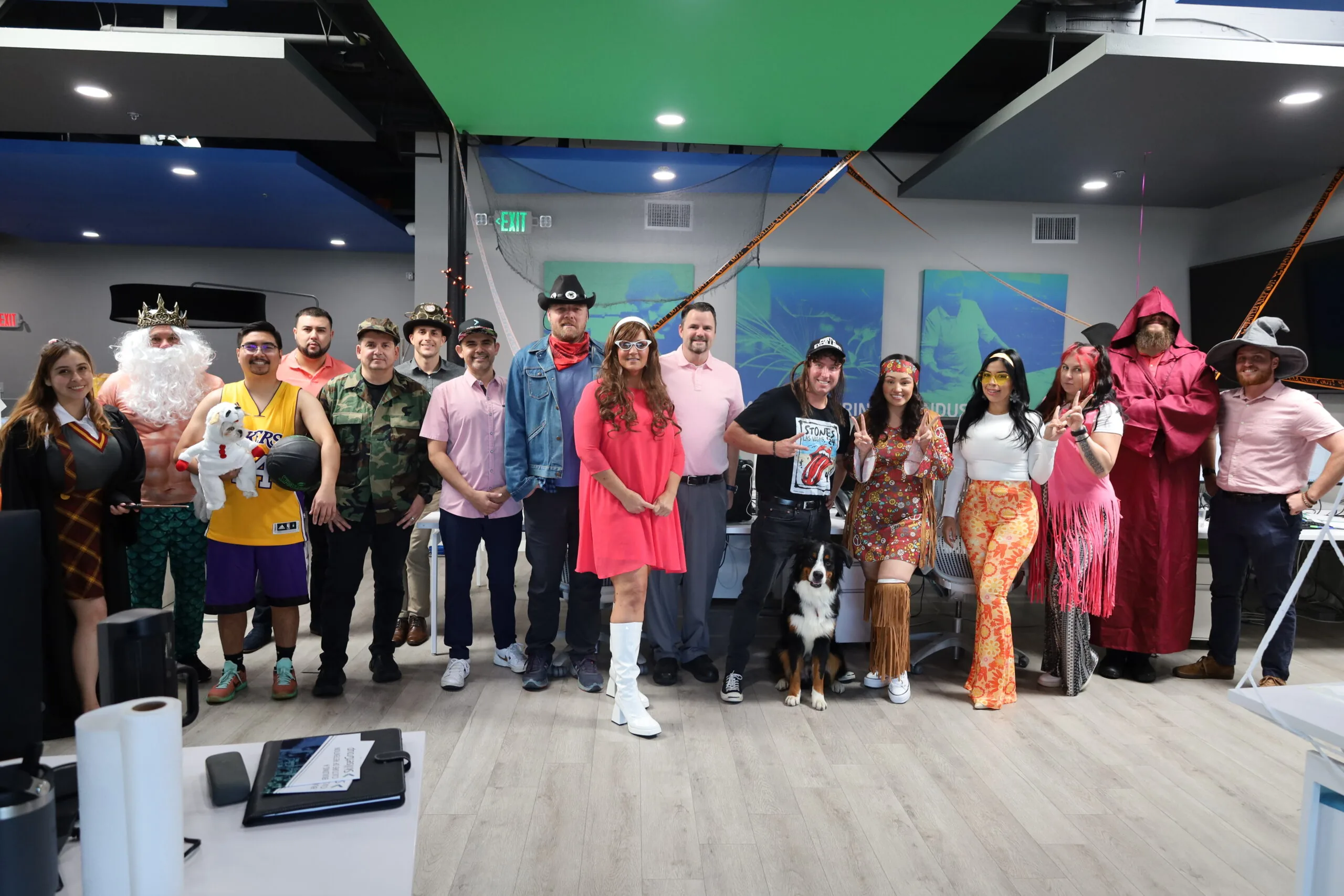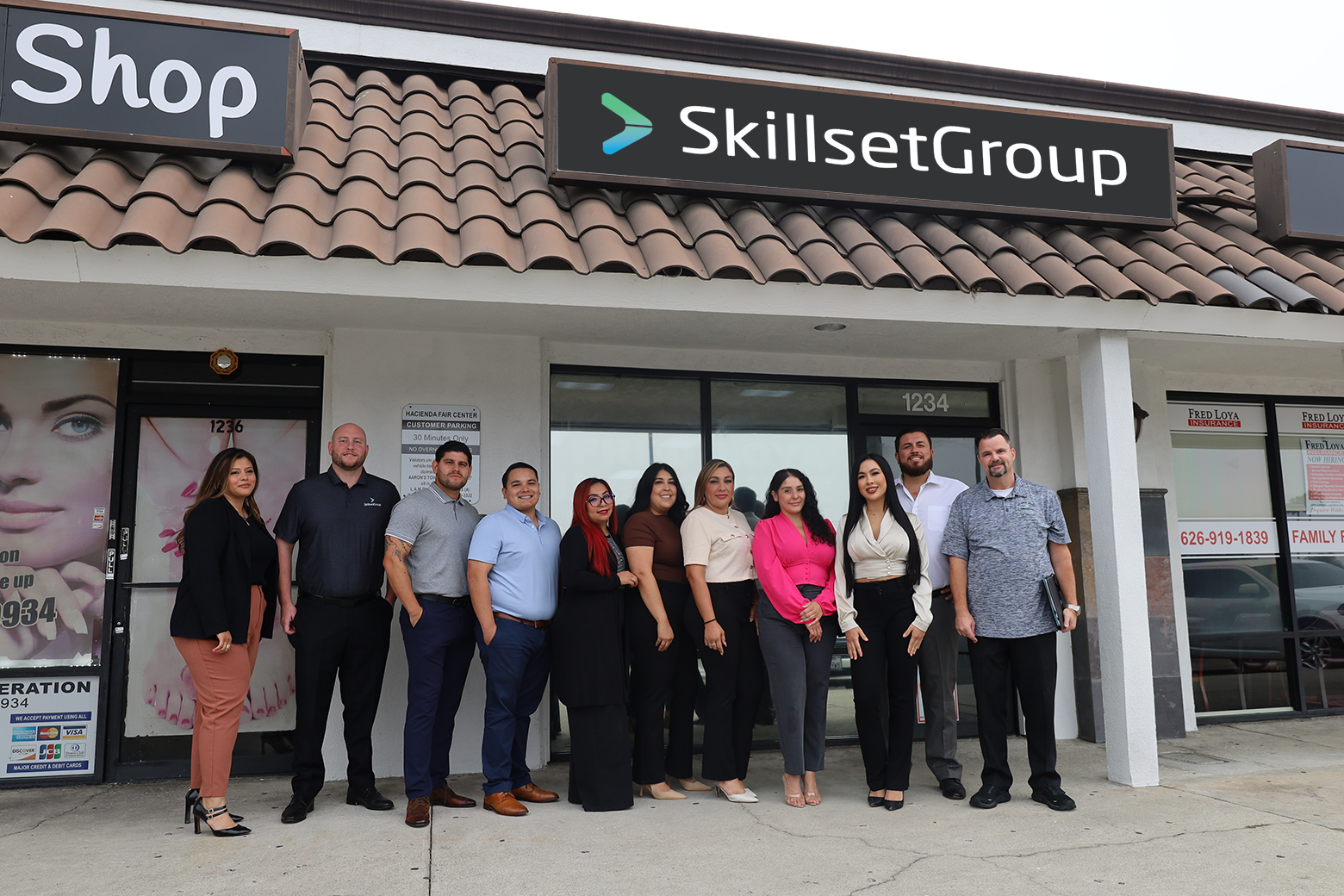The interview is the pivotal moment of truth in any hiring process. For interviewers, asking the right questions can reveal the true character of a candidate, while for job seekers, answering these queries can determine the next step on their career path. From "Tell me about yourself" to "What's your greatest weakness?", certain questions have become ubiquitous in the employment conversation. Beyond their surface appearance, each inquiry is a carefully crafted tool for assessing various aspects of a person's fit for a role. This comprehensive guide will not only dissect the psychology and purpose behind the most common interview questions but will also arm job hunters with insightful strategies for turning the tables and impressing their interviewers.
Unveiling the Intention Behind Common Employer Questions
"Tell me about yourself."
This seemingly open-ended question is often employed as an icebreaker. However, its simplicity belies its strategic layering. For employers, it’s an opportunity to gauge communication skills, understand a candidate’s sense of self-awareness and observe the aspects of their background that they choose to emphasize.

Leveraging the Question for Employers
By assessing a candidate's initial response, interviewers can forecast how succinctly and effectively an applicant can deliver their professional story. More in-depth follow-up prompts can further reveal the candidate's career highlights and aspirations, providing a snapshot of their commitment to the role.
"What is your biggest professional achievement?"
Beyond mere boasting, an answer to this common interview question offers employers a glimpse into a candidate’s past challenges, critical thinking abilities, and potential fit within the company culture.
Uncovering a Candidate’s Triumphs
An interviewer can use this question to verify a hypothetical alignment between a candidate’s past achievements and the current needs of the employer. The best responses link success stories to aspects of the job description, demonstrating that the candidate has what it takes to excel in the role.
"Describe a time when you had to overcome a challenge at work."
Behavioral questions like these are designed to elicit specific, real-life examples of a candidate’s problem-solving skills, resilience, and adaptability.
Assessing Situational Competence
In their response, a candidate can paint a vivid picture of their ability to confront and resolve work-related challenges. The STAR method—Situation, Task, Action, Result—is an effective structure for handling such questions and providing comprehensive context around their professional experience.

Flipping the Script: Questions Candidates Should Ask
The interview is a two-way street, and candidates who ask insightful questions can distinguish themselves as active, thoughtful, and engaged potential employees.
"Can you walk me through a typical day in this role?"
Seeking an elaboration on the responsibilities associated with the position demonstrates a candidate’s serious interest and helps clarify expectations both ways.
Evaluating Workflow and Fit
By understanding the nitty-gritty of daily tasks, the candidate can project their future performance and assess whether the role resonates with their career trajectory and working style.
"How do you measure success within the team and the company?"
Understanding the metrics that matter provides context for what the employer values and offers a chance for the candidate to align expectations with personal goals.
Demonstrating a Results-Oriented Mindset
Whether the measurement is tied to sales numbers, client satisfaction, or project completions, this knowledge helps the candidate understand how performance is evaluated and underscores their commitment to driving those outcomes.
"What are the opportunities for growth and development within the company?"
Interest in professional advancement signals a forward-thinking and ambitious candidate, which companies often seek to onboard.
Indicating Long-Term Alignment
A detailed response to this question not only reveals the company’s investment in its employees but also allows the candidate to assess career potential within the organization.
Matching Preparation with Practice
Beyond understanding the intricacies of questions, both employers and candidates must practice the art of interviewing. For employers, this might involve honing active listening skills, while candidates should engage in mock interviews to elicit confidence and poise.
Employer Preparation Techniques
Employers must be familiar with the role and its requirements, create a set of probing questions around key competencies, and design a comfortable and professional environment for the interview.
Nailing the Candidate Assessment

During the interview, focus on body language, non-verbal cues, and the content of the candidate's responses to gain a holistic assessment. Remember to maintain a professional yet approachable demeanor to ease the candidate into the conversation.
Candidate Practice Strategies
Candidates should research common interview questions, practice responses, identify key talking points from their resume, and prepare questions for their interviewers.
Elevating Personal Branding
Using the STAR interview method for behavioral questions, talking to one's strengths, and being concise yet comprehensive in responses are all attributes that can set a candidate apart.
Conclusion
Interview questions are more than staccato exchanges; they're strategic tools used by both employers and jobseekers to discern compatibility and potential. By recognizing the motivations behind these questions, applicants can tailor their answers to showcase their best attributes, while interviewers can refine their queries to draw out the most informative responses. Remember, the interview is a collaborative opportunity to find the perfect match, and preparation is the key to unlocking its potential.

A Pink Halloween: Supporting Breast Cancer Awareness Month
Each year, SkillsetGroup likes to get in the holiday spirit in different ways. In the past we have done our decoration contests for Halloween with each office vying to take the lead. This year, we…
Read More

Aerospace Engineering: Let Your Career Take Flight
Imagine a world where you can design the spacecraft that ventures into the depths of space or the cutting-edge aircraft that revolutionizes air travel. Aerospace engineering is at the core of these innovations, making it…
Read More

Human Resources: Becoming a Vital Resource for Your Company
The field of Human Resources (HR) is more than just a department that handles hiring and firing. For many, it’s a gateway to a fulfilling career path. But how do you penetrate this indispensable sector?…
Read More

Celebrating Our Team: Interviews with Staffing Professionals
We appreciate and value each and every one of our employees here at SkillsetGroup, and so we want to hear from them. What they think about their time at the company, what they have learned…
Read More

